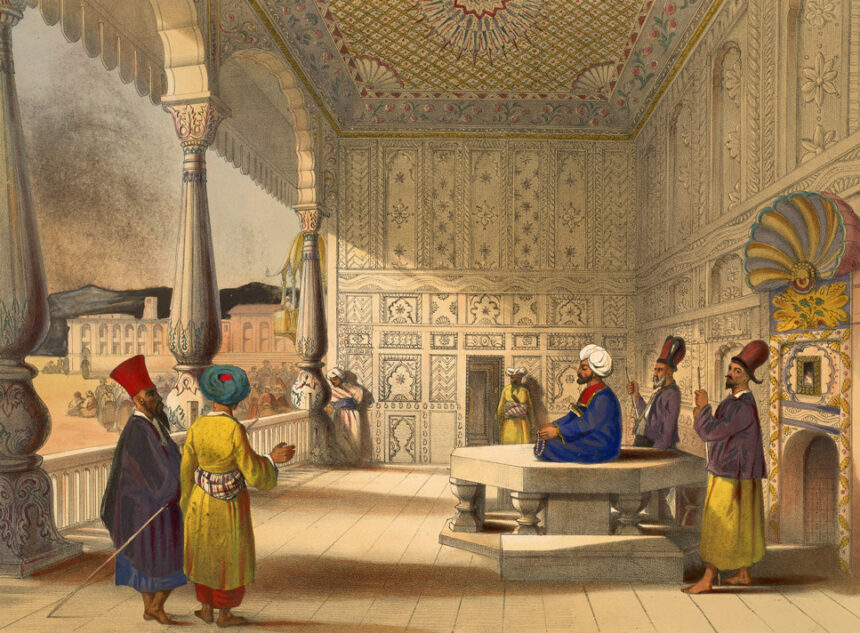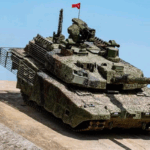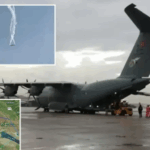Summary by Geopolist | Istanbul Center for Geopolitics:
“The border business: a political economy analysis of checkpoint taxation in Afghanistan” by Sarajuddin Isar is a working paper in the DIIS series. It explores the political economy of checkpoint taxation in Afghanistan from 2001 to 2024.
Key points:
Abstract: The study examines cross-border trade routes and informal taxation. It focuses on how checkpoint taxation creates rent and how state and non-state actors, including the Taliban, negotiate over it. The paper highlights the significant impact of informal taxation on state revenue and state-building efforts.
Introduction: The study analyzes the Afghan state’s fragility, partly due to its inability to collect domestic revenue. It investigates the political economy of cross-border trade routes, emphasizing informal taxation in post-Bonn Afghanistan and during the Taliban’s control from 2021 to 2024. The paper maps key non-state actors and their influence on trade routes.
Theoretical Framework: Checkpoints are defined as points where payment is required to proceed along a route. They are controlled by entities with de jure or de facto authority. Official checkpoints facilitate government tax collection, but in practice, they often contribute to informal taxation, supporting armed groups and undermining state efforts.
Historical Overview: The document provides a historical context of checkpoint taxation in Afghanistan, dating back to the Durrani Empire in 1747. It discusses the evolution and control of checkpoints by various actors, including the Taliban.
Mapping Checkpoint Taxation: The study details the control and exploitation of checkpoint taxation by different actors such as police, security companies, bureaucrats, and the Taliban. It highlights the Taliban’s role in both informal taxation and later shifts to formal taxation after taking control in 2021.
Impact on State and Non-State Actors: The paper underscores the significance of checkpoint taxation in financing the Taliban’s insurgency and transforming them into a de facto authority. It also examines the broader implications for state-building and governance in conflict-affected settings.
Conclusion: The research provides insights into the interplay between checkpoint taxation, power dynamics, and state-building in Afghanistan. It contributes to the literature on taxation, rebel governance, and state-building. The study is based on an extensive literature review and field interviews conducted in Kabul.
Overall, the document offers a comprehensive analysis of the role of checkpoint taxation in Afghanistan’s political economy. It emphasizes its impact on state revenue, conflict dynamics, and power configurations.
Source: DISS – Danish Institute for International Studies







